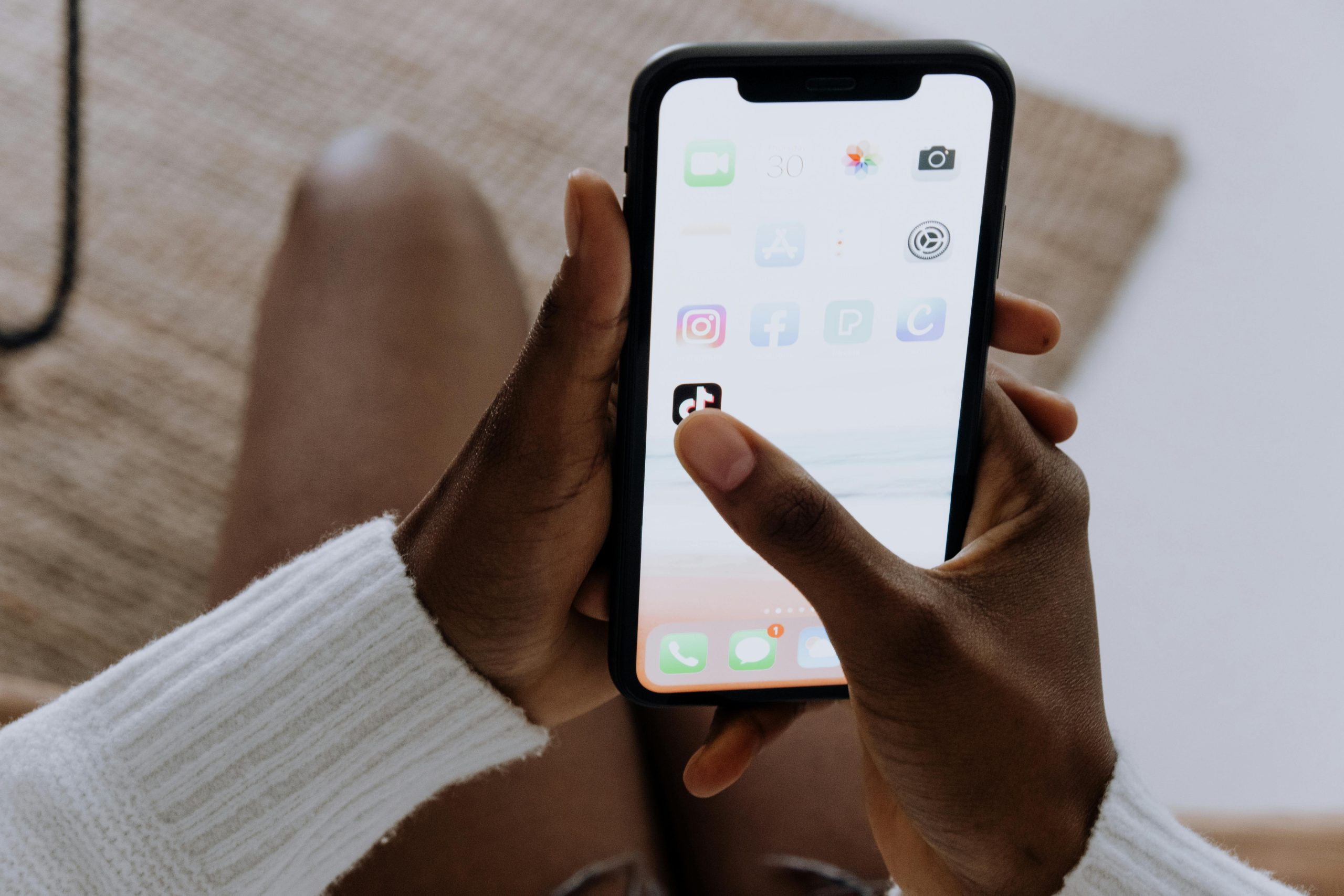In today’s hyper-connected world, convenience often comes at the cost of privacy. Many apps we use daily—often without a second thought—collect, store, and even sell our personal data. This isn’t just about targeted ads anymore. In the wrong hands, your information can be exploited for identity theft, financial scams, and surveillance.
Some of the most widely downloaded apps are, in fact, the most intrusive. They request unnecessary permissions, track your every move, and transmit sensitive data to third-party advertisers or worse—foreign governments and data brokers.
This guide breaks down which popular apps pose privacy risks, what they collect, and what safer alternatives you can use instead. It’s time to take control of your digital life.
🔍 Why App Privacy Matters More Than Ever
Every app you install is like giving someone a key to a part of your house. Some apps ask only for the room they need. Others barge into every room, including your bedroom and bathroom, and take pictures while they’re at it.
Apps that compromise your privacy can:
- Collect and share your location history
- Record your microphone activity in the background
- Access your camera without consent
- Scan and upload your contact list
- Track your browsing and in-app behavior
- Link your data with external databases
In a worst-case scenario, your data could be sold to data brokers, used to impersonate you, or become part of a future security breach.
🚨 Popular Apps That Leak Personal Info
1. TikTok
- Issues: Extensive tracking of keystrokes, location, and user behavior—even outside the app.
- Privacy Concerns: Data reportedly sent to servers in China. Concerns raised by governments worldwide.
- Safer Alternative: Clash – a creator-friendly platform with fewer data collection issues.
2. Facebook
- Issues: Collects nearly everything—contacts, messages, location, browsing behavior, camera access, and more.
- Privacy Concerns: History of major data breaches and misuse (e.g., Cambridge Analytica).
- Safer Alternative: MeWe – no ads, no tracking, user-funded.
3. CamScanner (Android)
- Issues: Bundled with malware in past versions. Accesses files and uploads data.
- Privacy Concerns: Flagged by security researchers for suspicious background activity.
- Safer Alternative: Adobe Scan or Microsoft Lens – reputable companies with transparent data practices.
4. Truecaller
- Issues: Uploads entire contact lists without clear consent.
- Privacy Concerns: Potential violation of contacts’ privacy even if they haven’t agreed to it.
- Safer Alternative: Hiya – call identification without uploading your full contact book.
5. Weather Apps (Many)
- Issues: Apps like WeatherBug and AccuWeather track GPS location even when not in use.
- Privacy Concerns: Sell location data to advertisers and third parties.
- Safer Alternative: Today Weather or using native weather apps with limited permissions.
6. Zoom
- Issues: Past incidents of sharing user data with Facebook and misleading encryption claims.
- Privacy Concerns: Video and audio could potentially be accessed under vague circumstances.
- Safer Alternative: Jitsi Meet – open-source, secure, and doesn’t require account creation.
7. Free VPN Apps (Especially Unknown Brands)
- Issues: Some log your data and even inject ads into your browsing sessions.
- Privacy Concerns: VPNs like Hola VPN have a history of misuse and selling bandwidth to third parties.
- Safer Alternative: ProtonVPN, Windscribe, or Mullvad – respected providers with no-logs policies.
✅ How to Spot a Privacy-Invasive App
Not sure if an app is safe? Use this checklist:
- Does it ask for permissions it doesn’t need (e.g., camera access for a note-taking app)?
- Does it continue to track your location in the background?
- Does it come from a developer or company with unclear policies or a shady reputation?
- Is the app free but suspiciously polished? Remember, if it’s free, you’re the product.
- Are third-party trackers embedded into the app code?
Tools like Exodus Privacy (Android) or App Privacy Reports (iOS) can help audit your apps.
🛡️ Steps You Can Take Today
- Audit app permissions regularly in your phone’s settings.
- Delete unused apps—they still gather data even when idle.
- Use privacy browsers like Brave or Firefox Focus.
- Enable App Tracking Transparency (iOS) or use tracking blockers on Android.
- Avoid logging into apps with social accounts (e.g., Facebook login).
📧 Need Help?
Not sure if an app you’re using is safe? Worried that your data might already be compromised?
We can help you perform a digital privacy audit, recommend tools, and guide you through app cleanup and safer alternatives.
📩 Email us at info@fast-recover.com
Our team is ready to help you lock down your phone and protect your identity.


